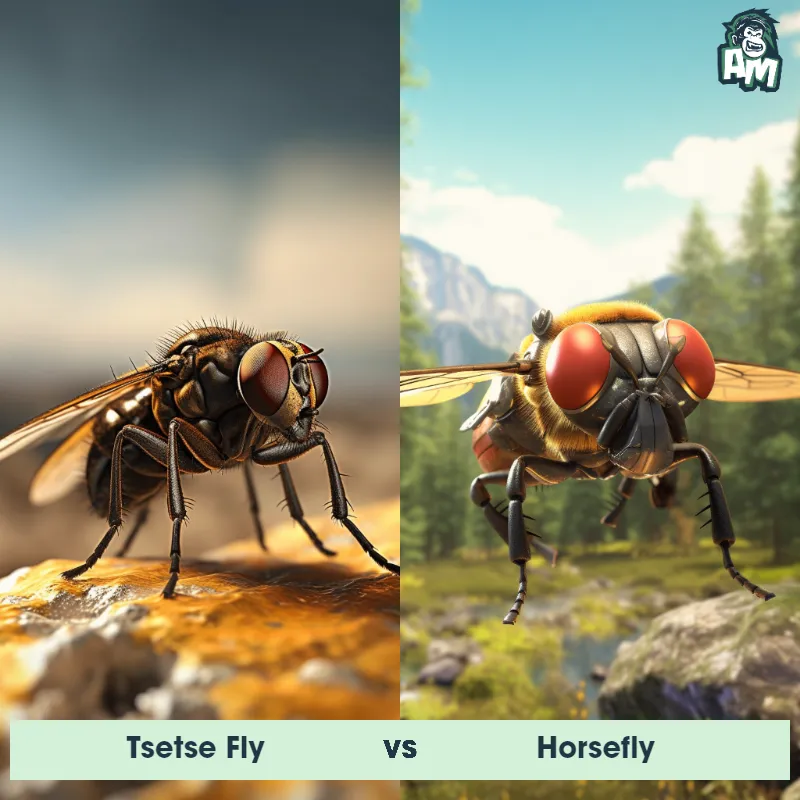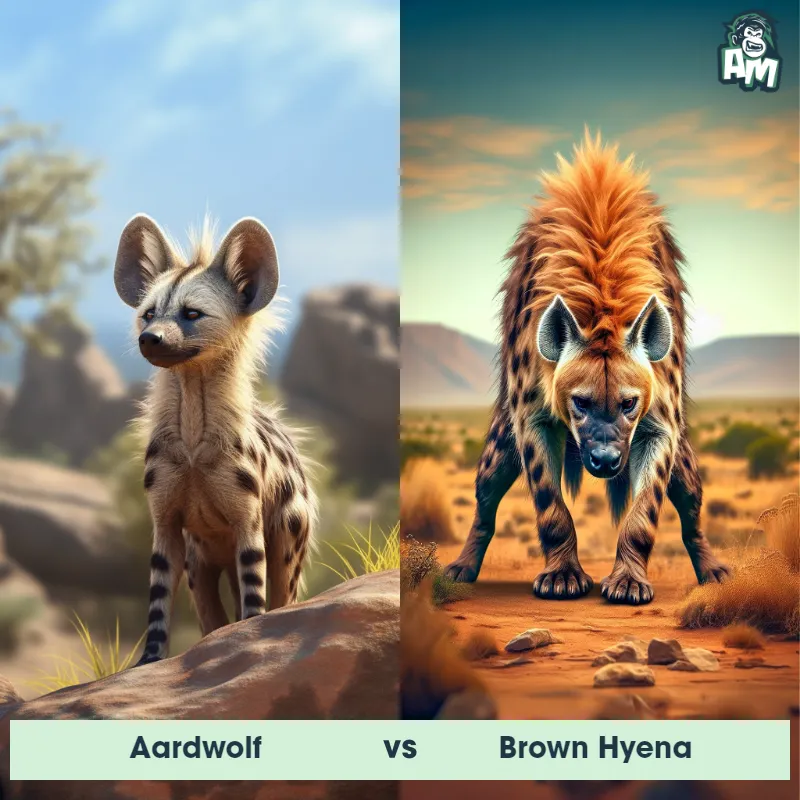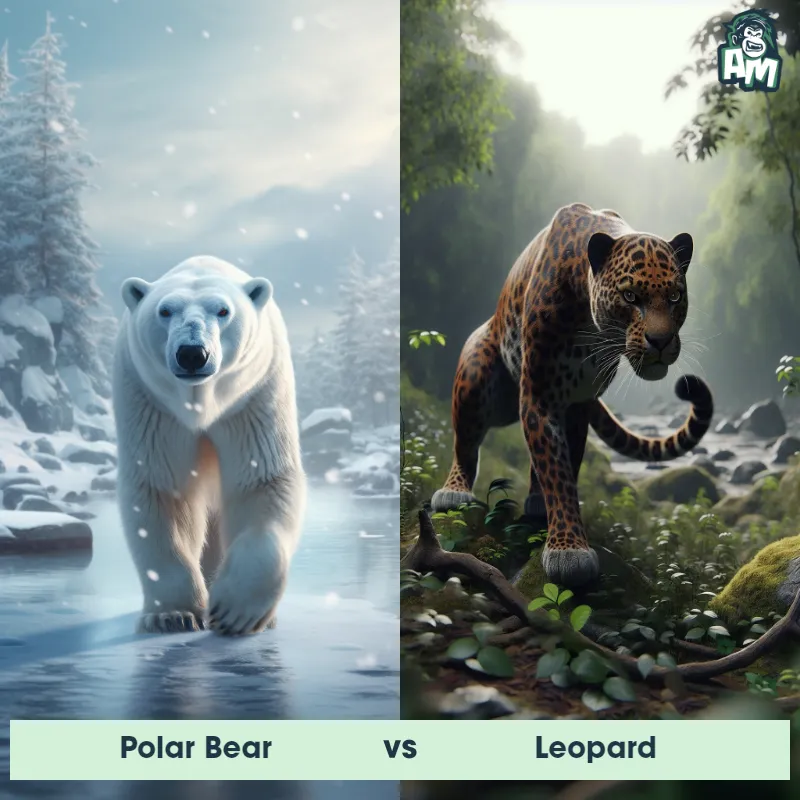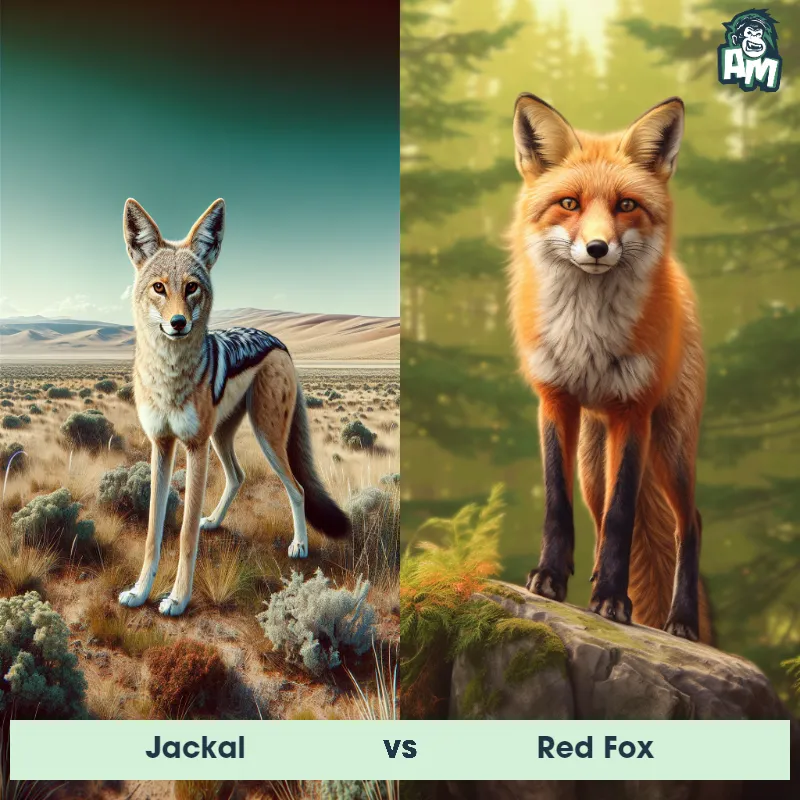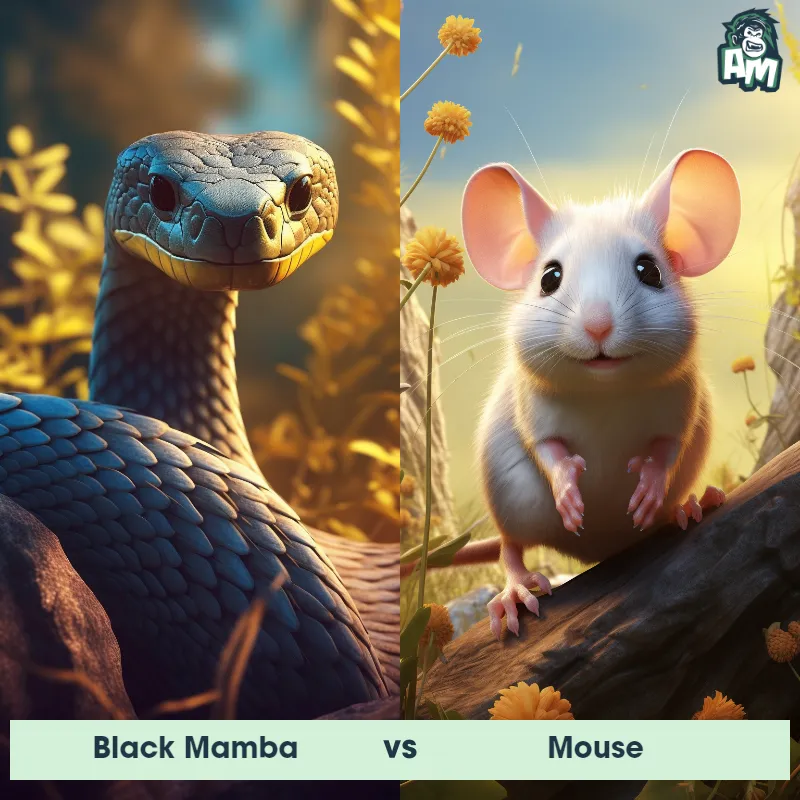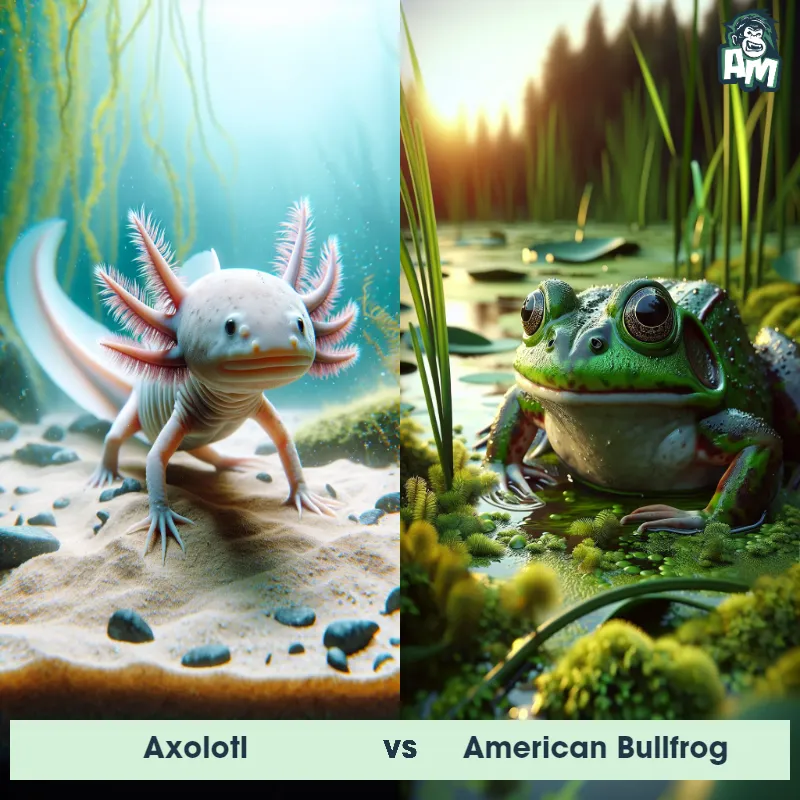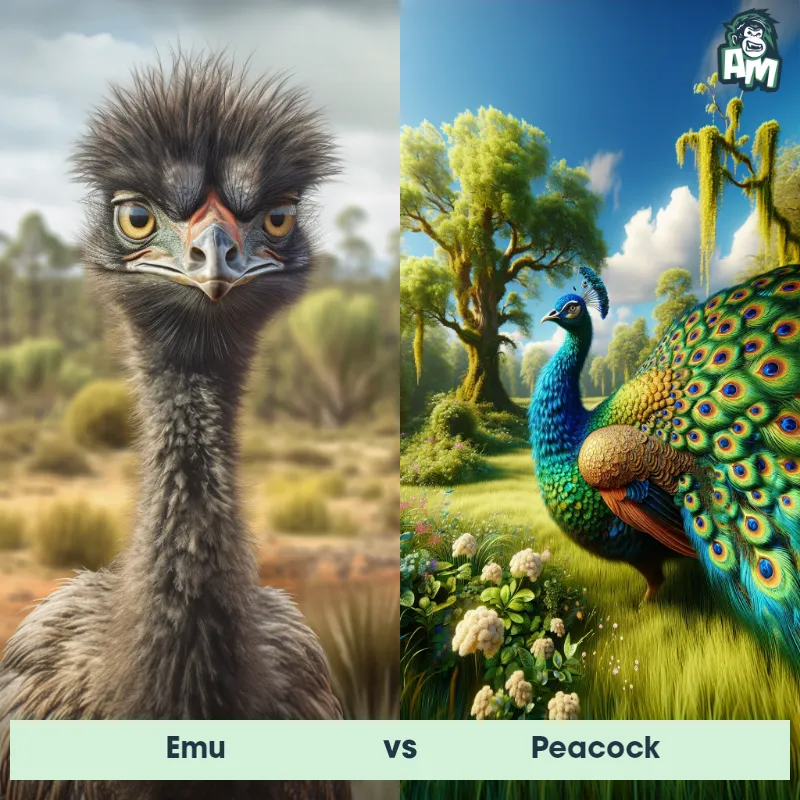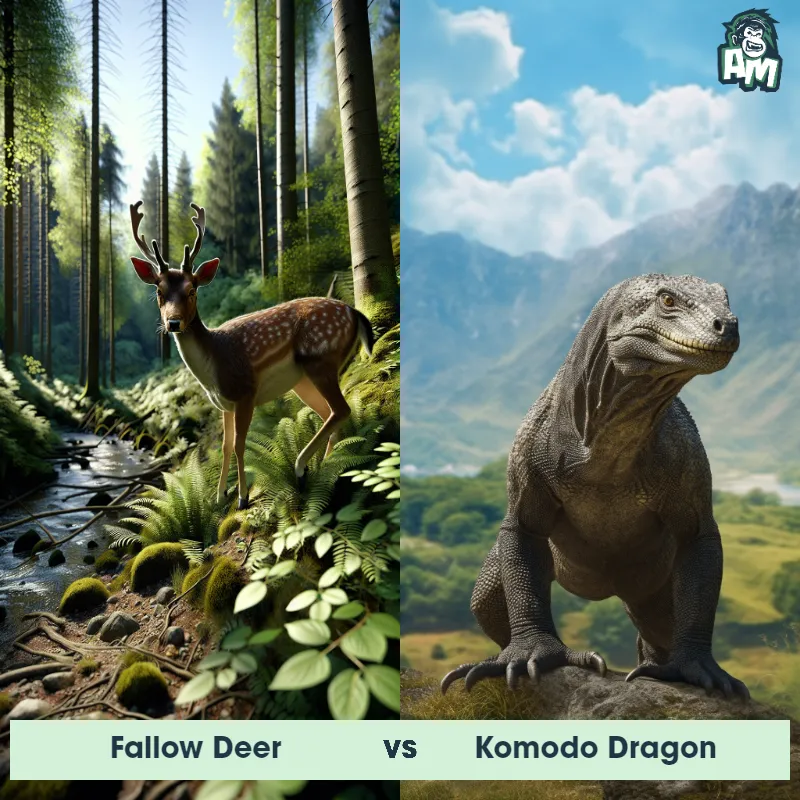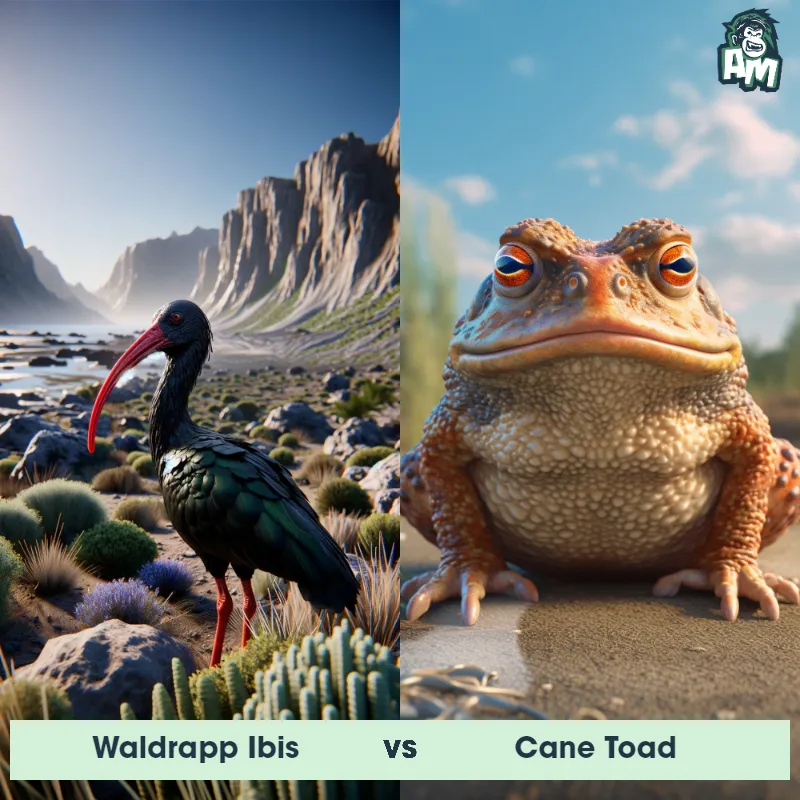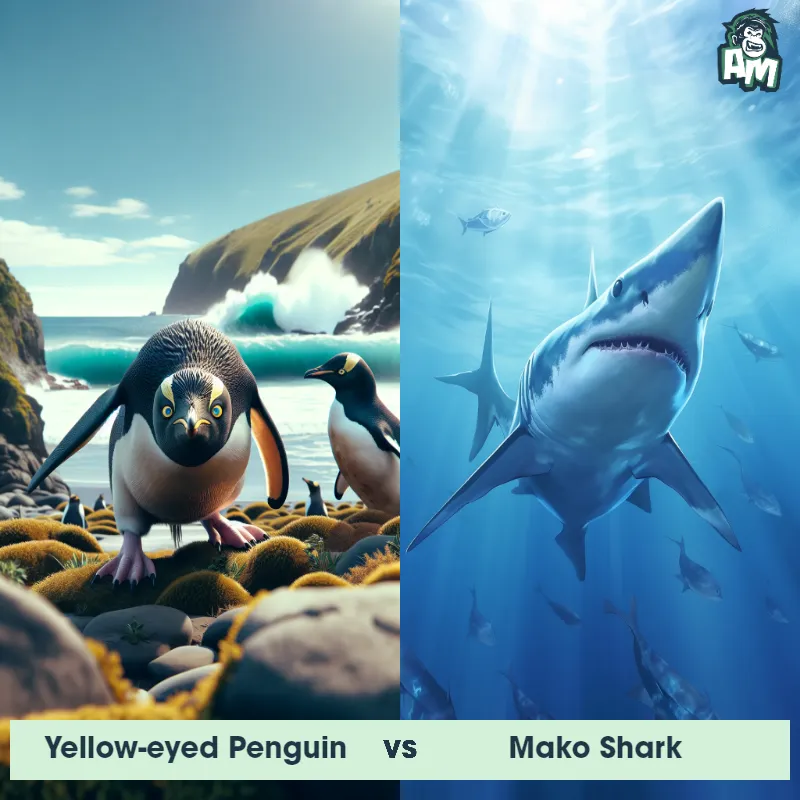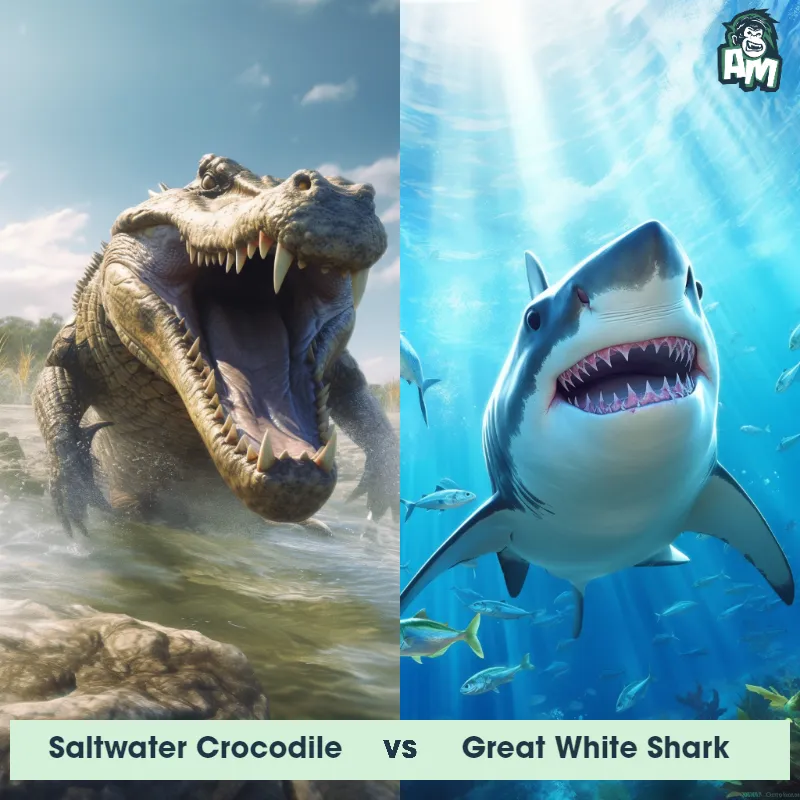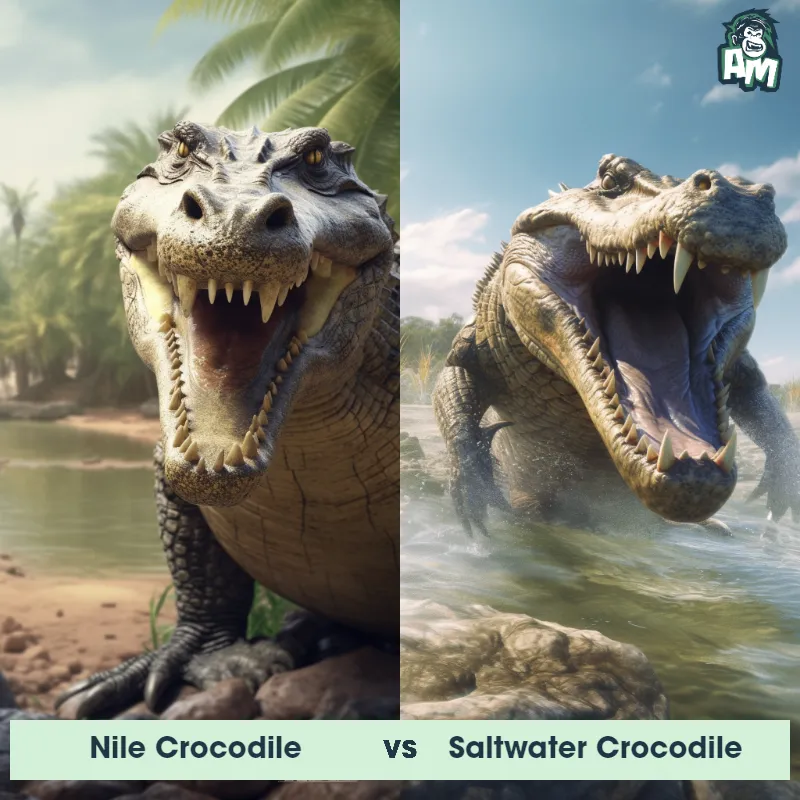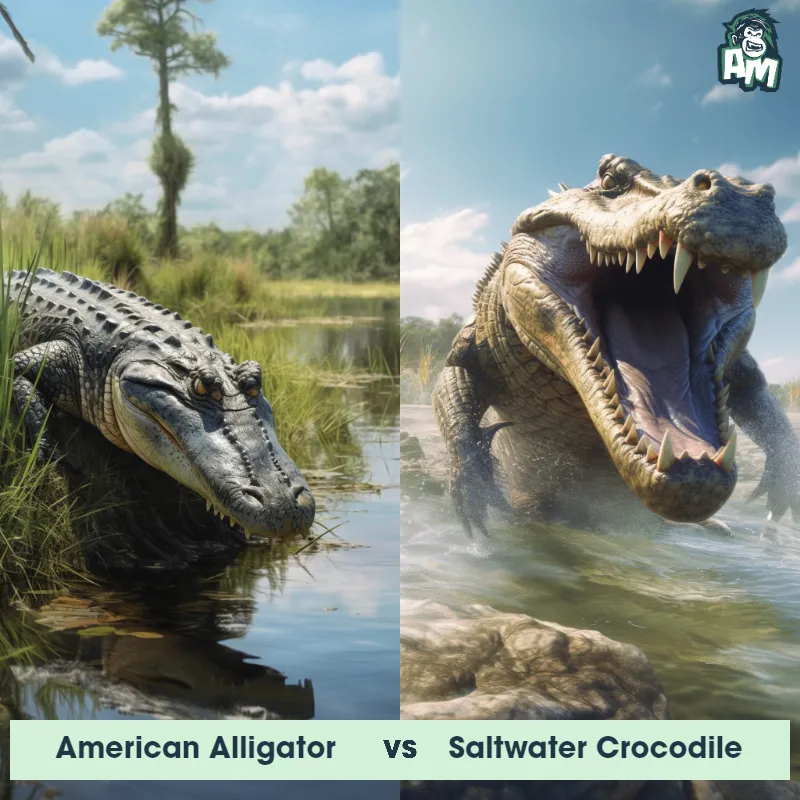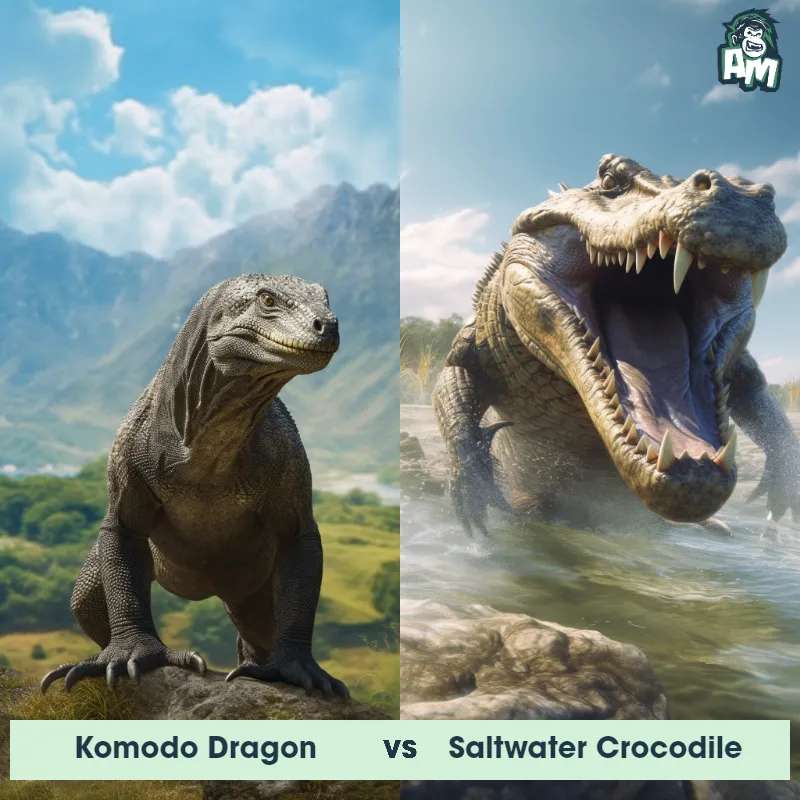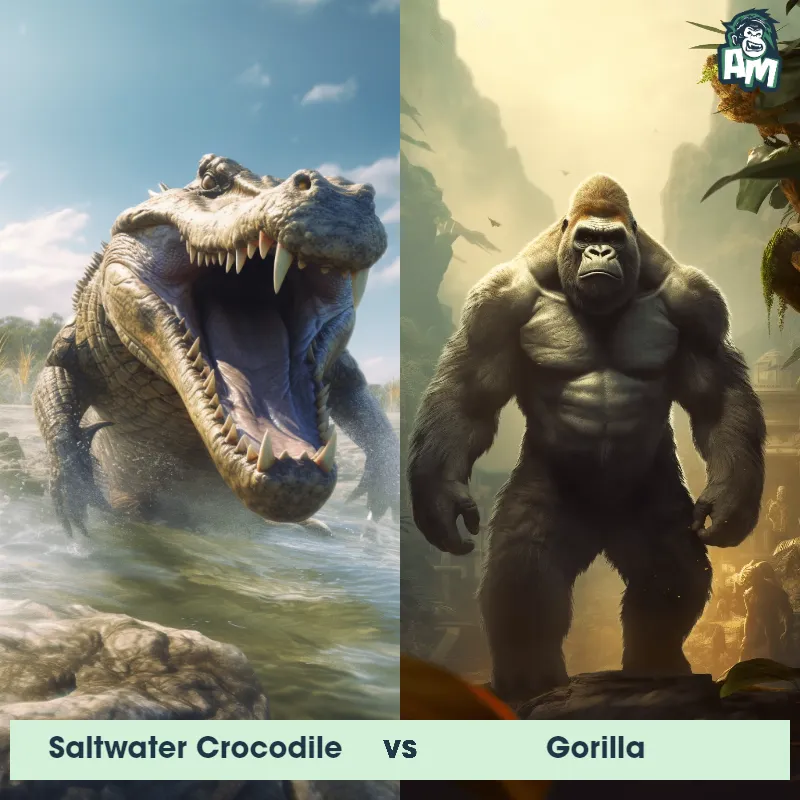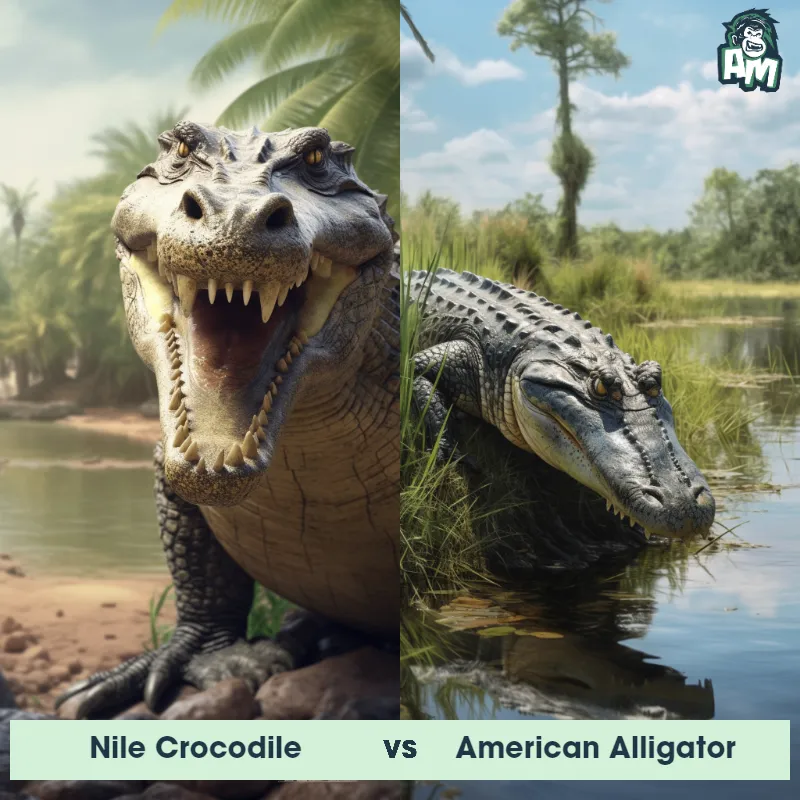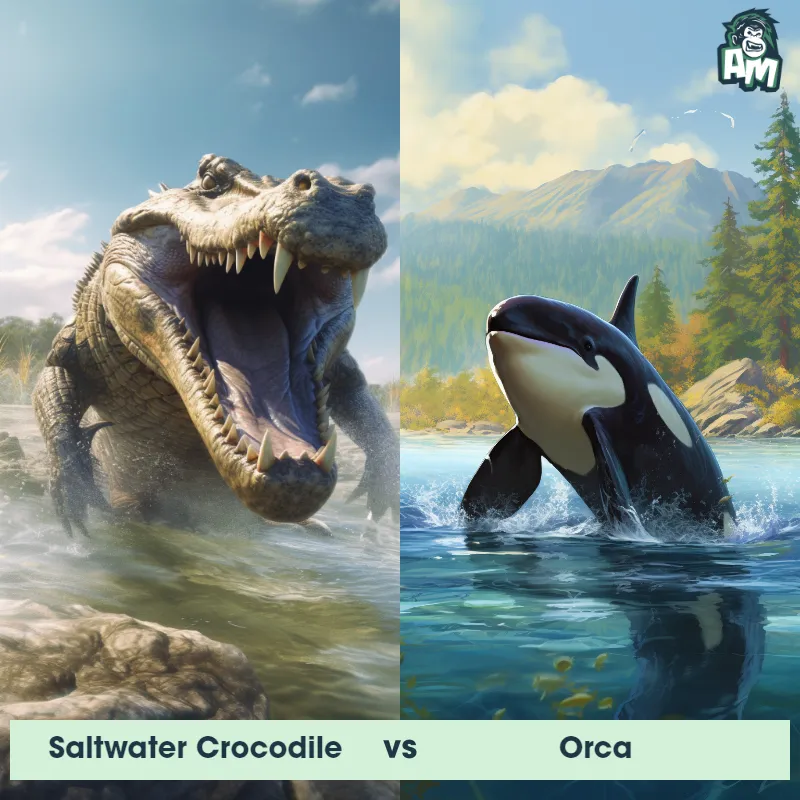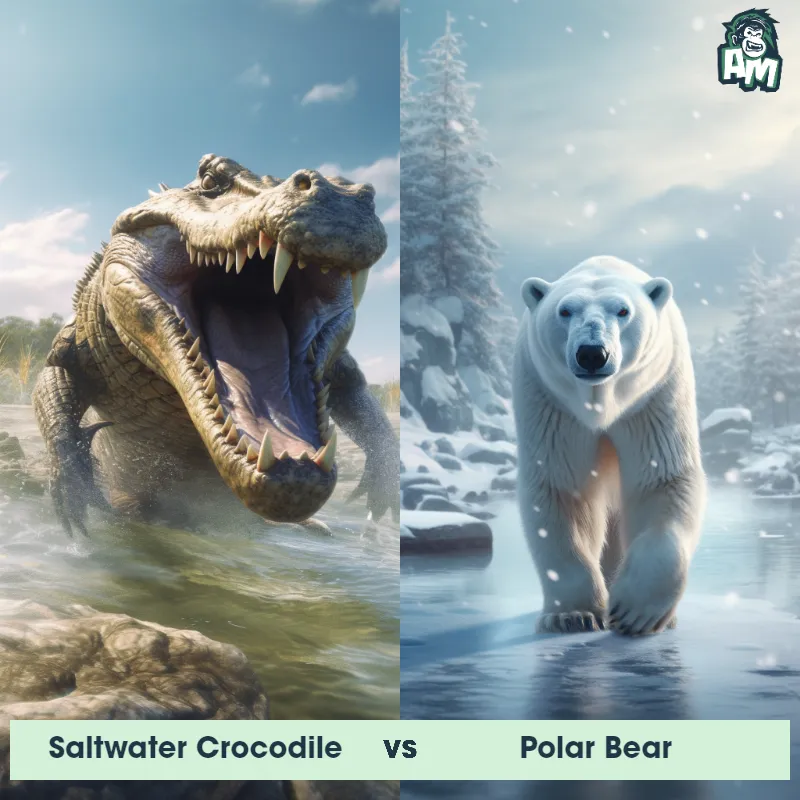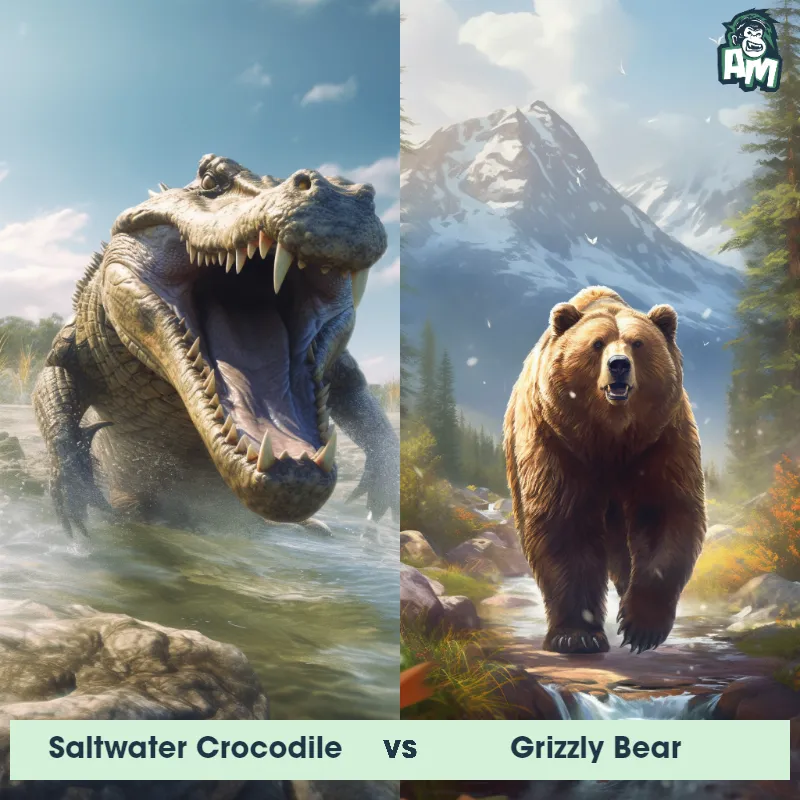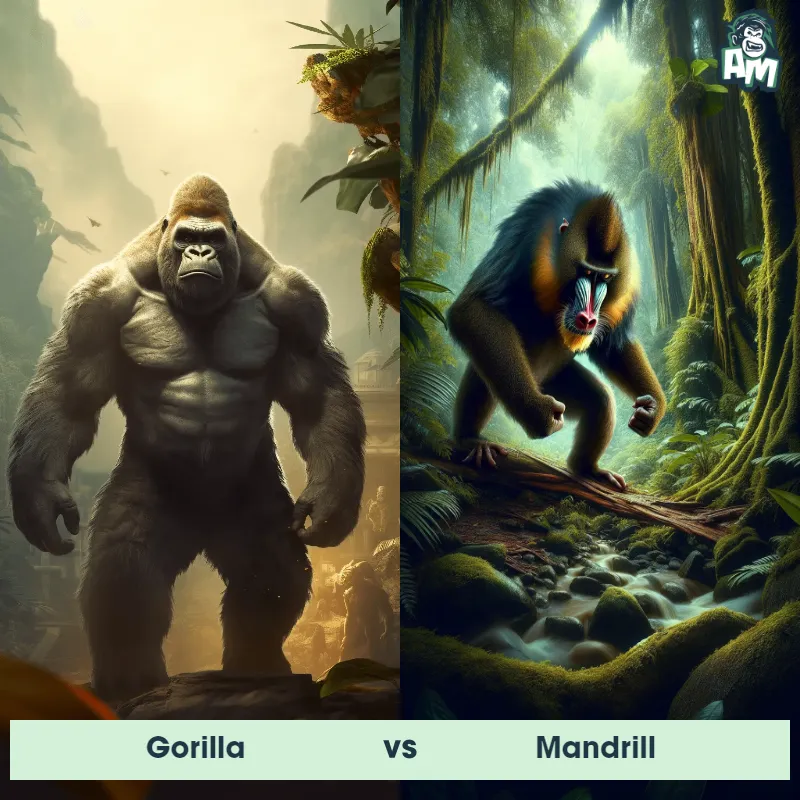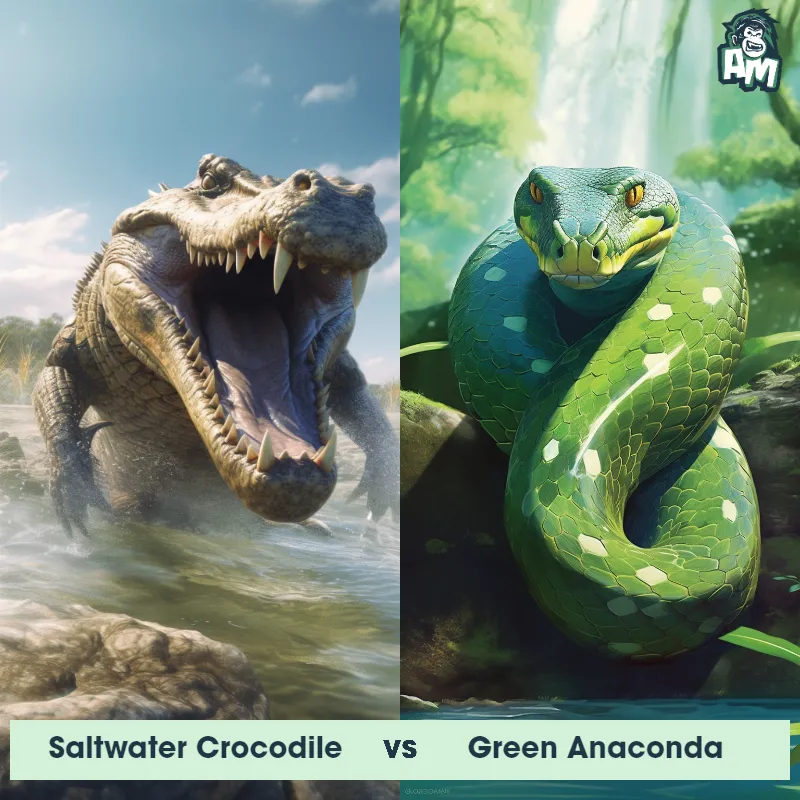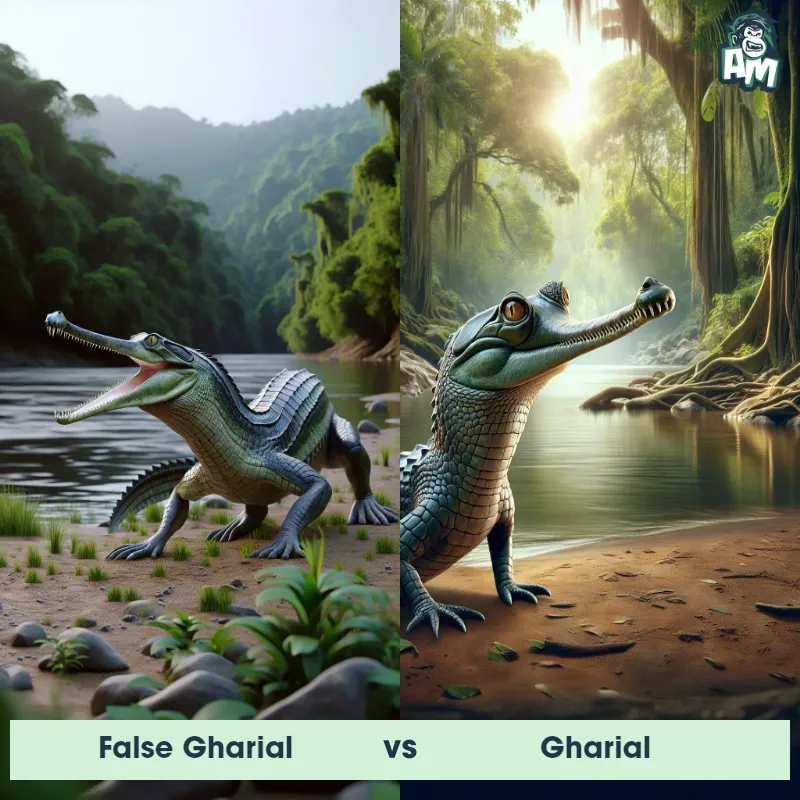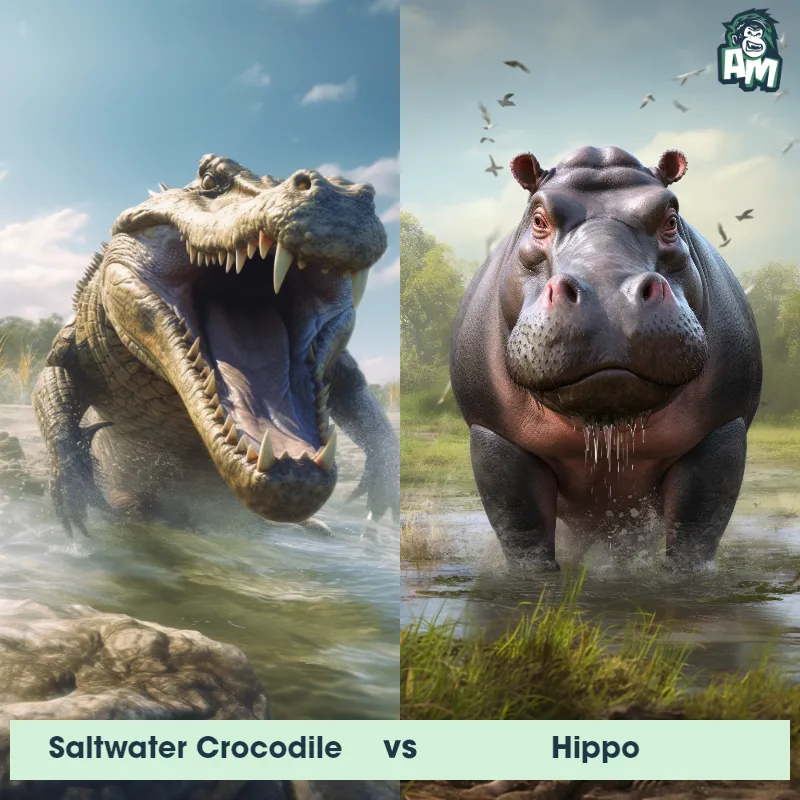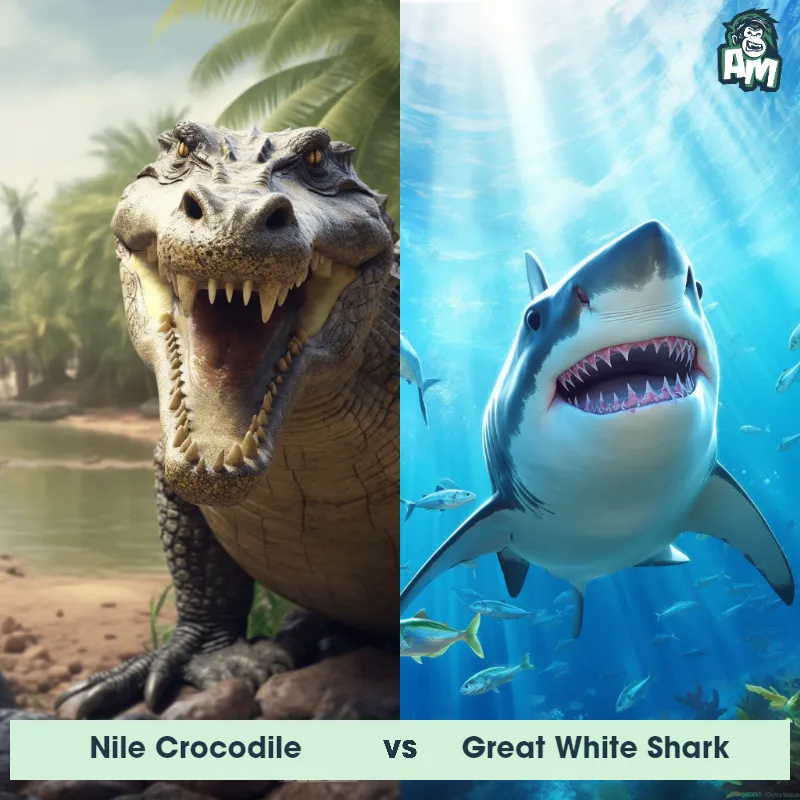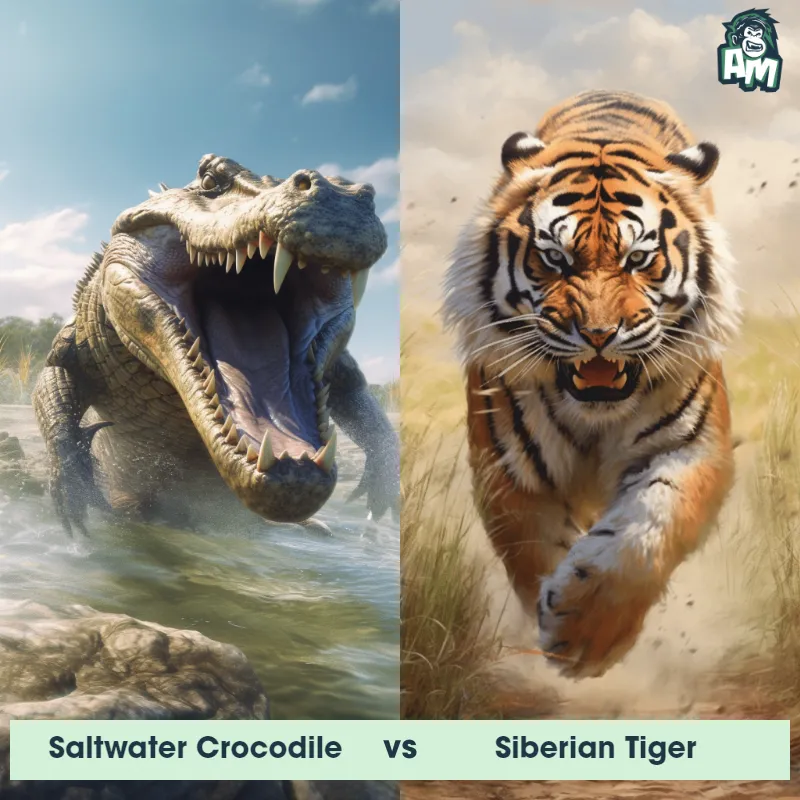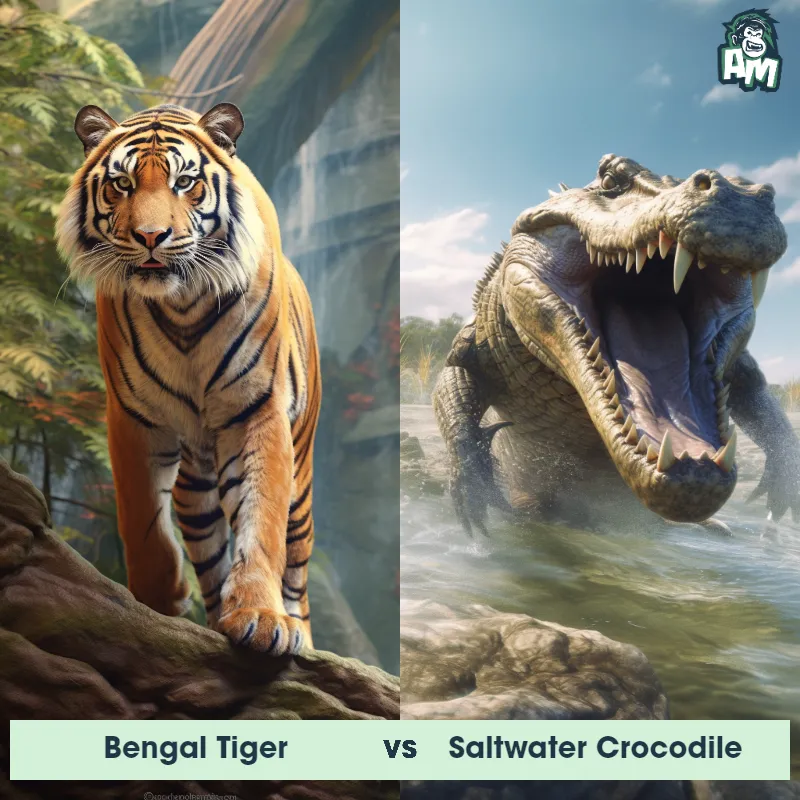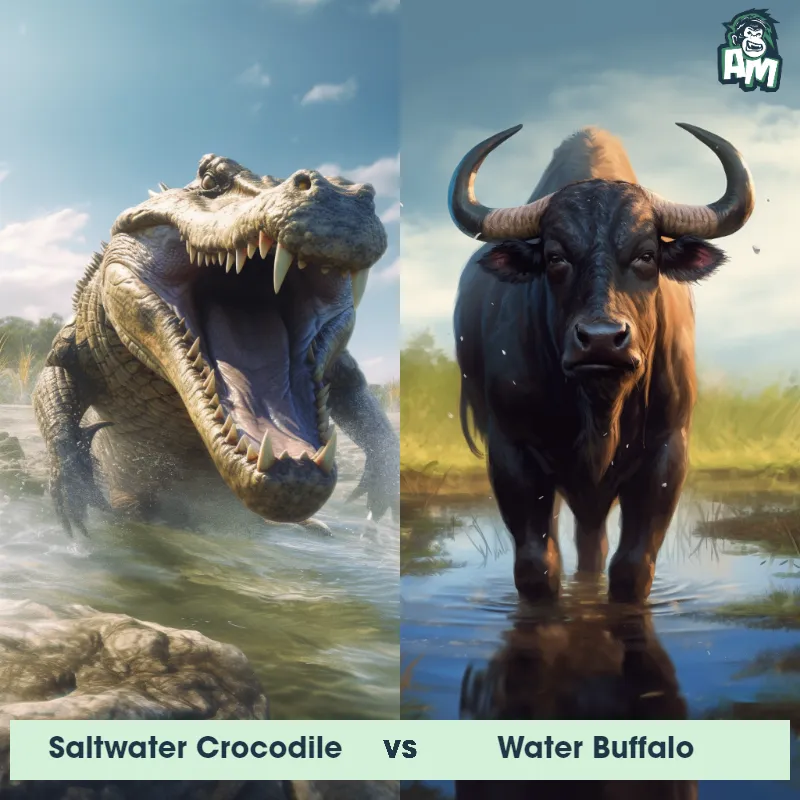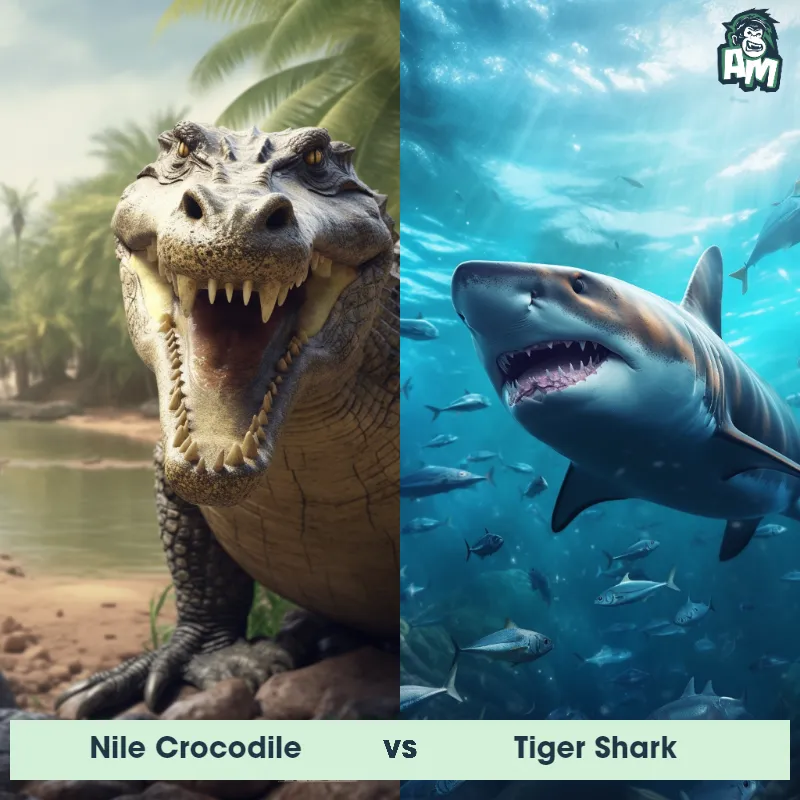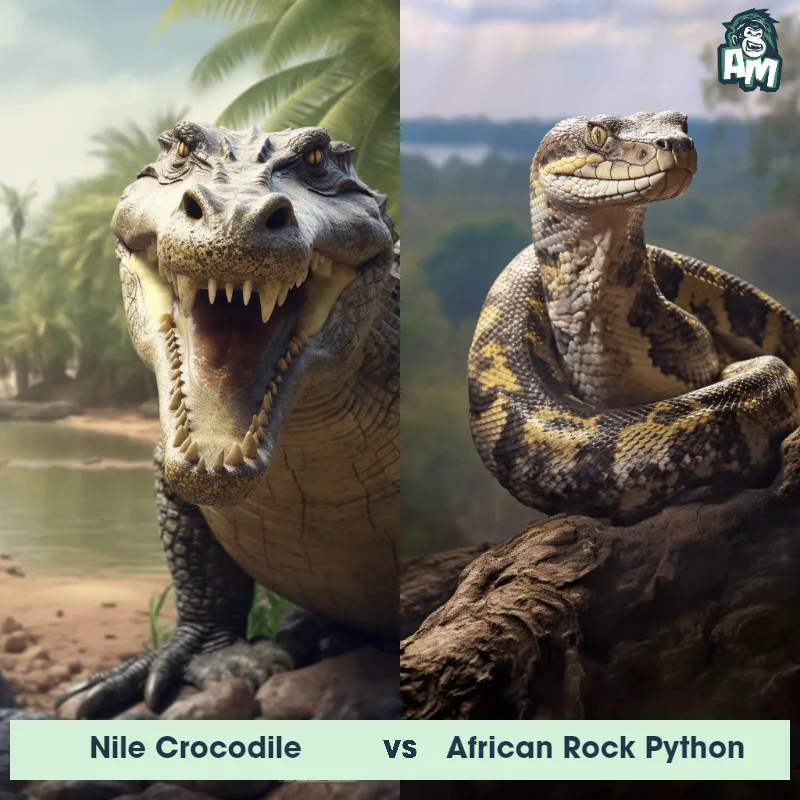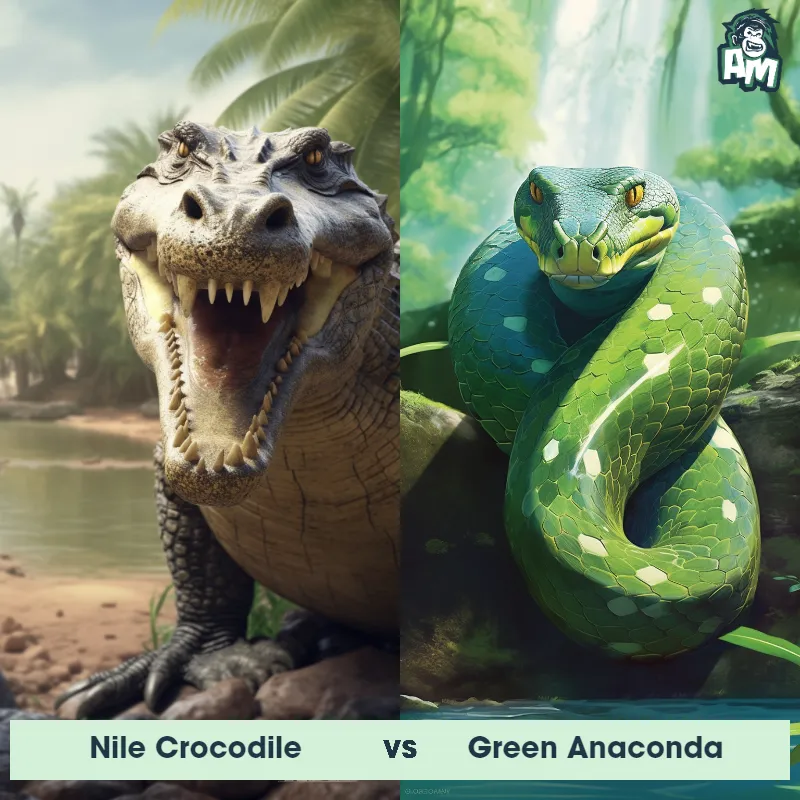Proboscis Monkey vs Saltwater CrocodileSee Who Wins
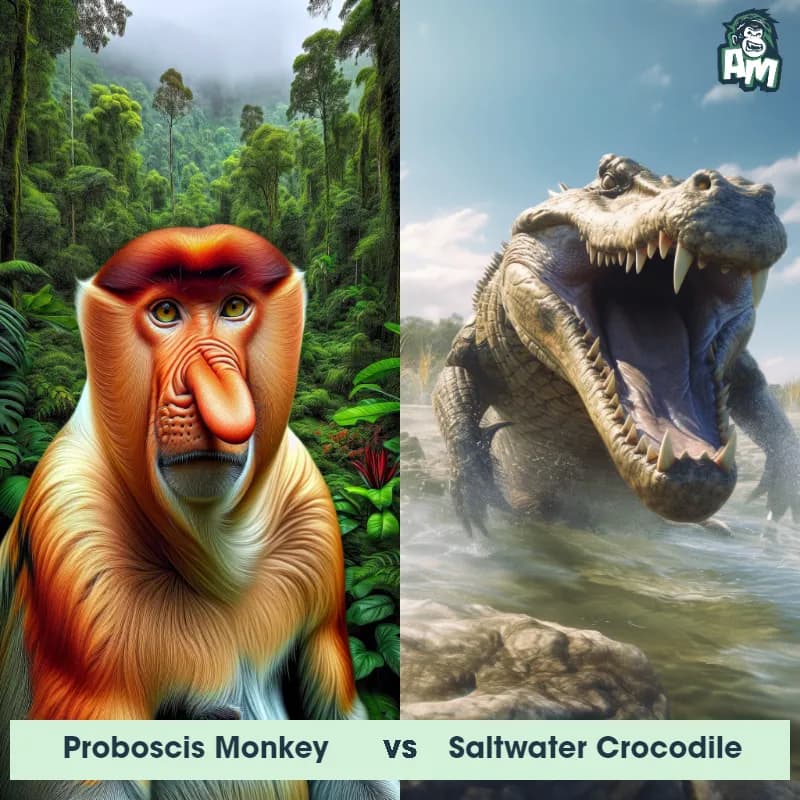
Ladies and gentlemen, welcome to this epic showdown between the Proboscis Monkey and the Saltwater Crocodile. Both of these fierce animals are ready to battle it out in a three-round fight. Let's see who will emerge victorious in this intense matchup.
Contender 1: Proboscis Monkey
The Proboscis Monkey, also known as the Long-nosed Monkey, is a unique primate species found in Borneo. It is characterized by its large, fleshy nose, which is more prominent in males and can grow up to 7 inches long. They have a reddish-brown coat with a potbelly and a long tail that can measure up to 70 cm. These arboreal monkeys are excellent swimmers and are often found near rivers and mangroves, where they forage for leaves, fruits, and seeds. One interesting feature of Proboscis Monkeys is their belly, which acts as a resonating chamber to produce loud vocalizations.
Fun Fact: Did you know that Proboscis Monkeys have a unique social structure? In groups, known as harems, a dominant male oversees a group of females and their offspring. However, these harems are not static, as males often compete for the position of alpha male and takeover harems from weaker males.
Contender 2: Saltwater Crocodile
The Saltwater Crocodile, also known as the estuarine crocodile, is the largest living reptile in the world, with males reaching up to 23 feet in length and weighing over a ton. They have a powerful jaw with over 60 teeth and are covered in tough, scaly skin that ranges from grayish-brown to black in color. They are found in the brackish and freshwater habitats of Southeast Asia and Northern Australia and are known for their aggressive behavior towards humans.
Fun Fact: Saltwater Crocodiles have the strongest bite force of any animal in the world, with a bite strength of up to 3,700 pounds per square inch, which is strong enough to crush a car.
Matchup Stats
| Proboscis Monkey | Saltwater Crocodile | |
|---|---|---|
| Size | Up to 2 feet (0.6 meters) tall | Up to 23 feet (7 meters) |
| Weight | Up to 50 pounds (22.7 kilograms) | Over a ton (1,000 kg) |
| Speed | 20mph (32km/h) | Land Speed: 11 mph (18 km/hr) |
| Key Strength | Strong jaws and sharp teeth | Powerful jaw with 64-68 teeth and strongest bite force of any animal in the world |
| Biggest Weakness | Relatively slow and not as agile as some other primates | Slow on land and vulnerable to attacks on the soft underbelly |
Current Votes
Proboscis Monkey vs Saltwater Crocodile
See Who Wins
View More Matches
Looking For More?
Similar Matches
Scientific Stats
| Proboscis Monkey | Saltwater Crocodile | |
|---|---|---|
| Scientific Name | Nasalis larvatus | Crocodylus porosus |
| Family | Cercopithecidae | Crocodylidae |
| Habitat | Forests, mangroves, and riversides | Brackish and freshwater habitats |
| Geography | Borneo | Southeast Asia and Northern Australia |
| Diet | Leaves, fruits, seeds | Carnivorous, preys on fish, birds, mammals, and other reptiles |
| Lifespan | 10 years - 20 years | 70 years - 100 years |
Key Differences between Proboscis Monkey and Saltwater Crocodile
- Behavior: Proboscis Monkeys are social animals, living in groups with a dominant male, while Saltwater Crocodiles are solitary predators that ambush their prey.
- Tail shape: A key difference is that Proboscis Monkeys have a long, prehensile tail that helps them move through the trees, while Saltwater Crocodiles have a long, thick tail that aids in swimming and propelling through the water.
- Size: The Proboscis Monkey is much smaller in size compared to the Saltwater Crocodile, with adult monkeys typically weighing around 50-75 pounds, while adult crocodiles can weigh up to 1,000 pounds.
- Color: Proboscis Monkeys have a reddish-brown fur coloration with a distinct pot belly and long, pointed nose, whereas Saltwater Crocodiles have a dark green to black coloration with a rough, scaly skin.
- Diet: Proboscis Monkeys are herbivores, feeding mainly on leaves, fruits, and seeds, whereas Saltwater Crocodiles are carnivores, preying on fish, birds, and mammals.
- Habitat: Proboscis Monkeys are primarily arboreal, inhabiting mangrove forests and riverbanks, while Saltwater Crocodiles are semi-aquatic reptiles found in coastal habitats and freshwater rivers.



